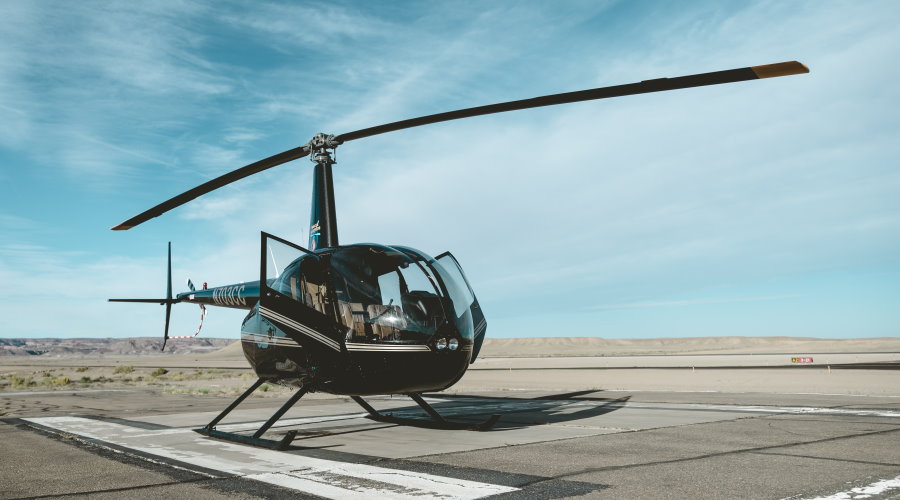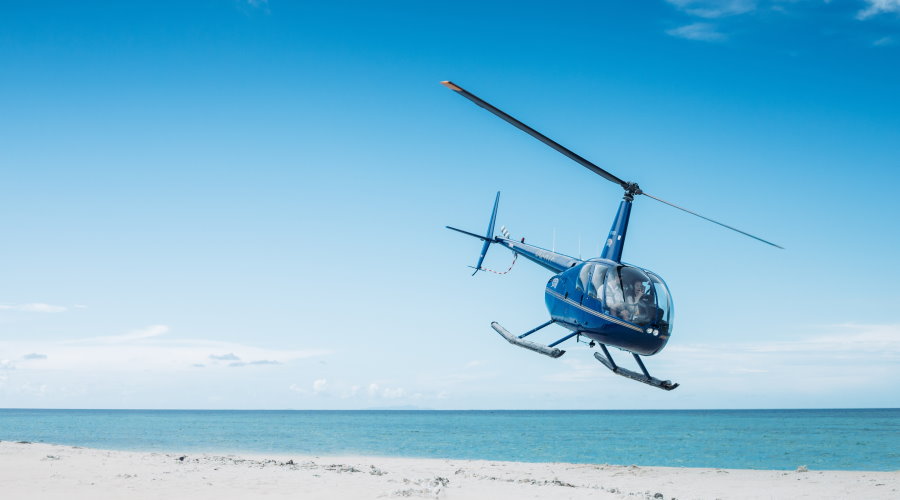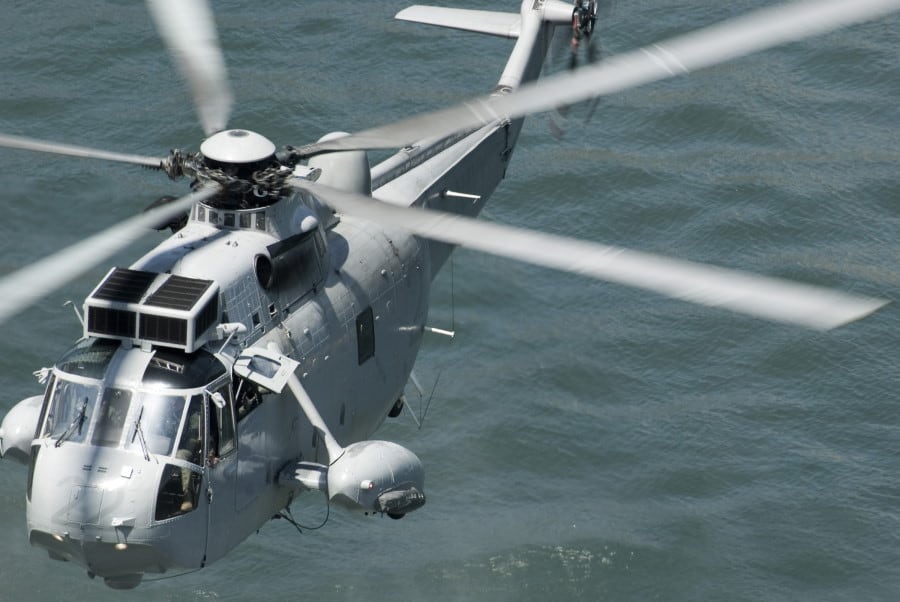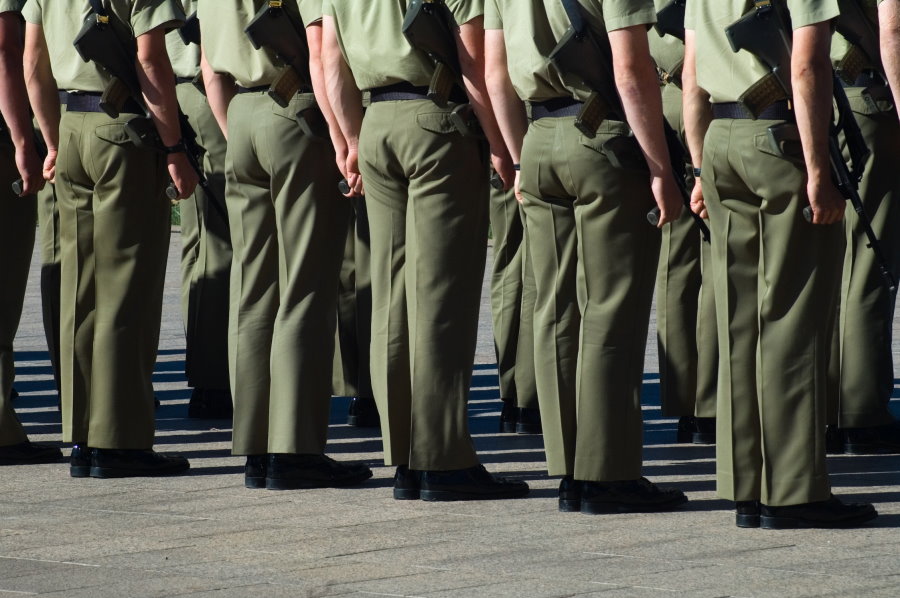There are good opportunities for long-term contracts and tenders in the helicopter services industry. Here are four common, but major challenges your company may come across when bidding for tenders in this sector.
Identifying the right helicopter tenders
Tendering for contracts in the helicopter services industry offers many opportunities, both in commercial private enterprise and in government and defence. Whether your company is able to support single-digit fleets or those with many hundreds of appliances, proper tender evaluation, preparation and submission is key to helping you win tenders.
Some of the areas we frequently see helicopter tenders being offered include:
- Emergency management services (air search and rescue; air ambulance; surveillance and support of ground-based policing);
- Aerial survey and maintenance of assets like powerlines, towers, tanks;
- Marine pilot transfer to/from ship to shore bases;
- Support of national border security forces.
The team at Tender Evaluation has been working in the helicopter industry, helping tenderers across Australia win major pieces of work, sometimes worth up to $20 million over 11 years. Nice projects to bolster their business.
Additionally, we’ve also seen some of our Client’s contracts extended for many years after the original tender, so it can be worth your while looking for the right tenders for your business.
When you look at these types of tenders from the Clients’ perspectives, you begin to see where your competitive edge could come from.

The first major challenge: helicopters and more
The first major challenge is that Clients for these types of services are looking for providers that are a lot more than just being good at providing those services (which a lot of helicopter services companies are).
Your company also needs to be outstanding at the challenges of these types of tenders, including:
- Balancing Clients requirements for 100% availability of aircraft but they only want to pay for a small number of included hours (can be as low as one hour in every 24 hour period);
- Demonstrating expert knowledge of – and experience of flying helicopters in – the local terrain and weather conditions;
- Expert knowledge of CASA regs; and
- Accredited systems (for example, ISO) for safety, quality, environment, health and wellbeing of staff (especially fatigue management), training and staff accreditation.
And that’s in addition to the basics like:
- Excellent safety track-record;
- Fit-for-purpose aircraft incl. experienced type-rated pilots, crews and ground crews;
- Fit-for-purpose air-side facilities at the required location(s) (ie. established bases including crew quarters, parking and storage);
- Enduring, positive, relationships with Clients over long periods of time;
- Excellent cost management.
Need help evaluating your tender response?
Get in touch with our tender submission evaluation team for a free 30-minute assessment to help you win the tender.
The second major challenge: location dependent service provisioning
The second major challenge is if the tender is for services outside your local area (i.e. where your facilities are, your Client will not want to pay the cost of you mobilising and transitioning.
This means that your cost to transition to the new contract will include the costs of setting up facilities, whereas your local competitors won’t because they own or lease the facilities already. That’s game over: your tender response will be too expensive compared to the local companies’ tender responses.
The one exception is tendering for “greenfields” helicopter services. This is where no company is currently providing services in that local area. But, if that exception doesn’t apply, what do you do?
- Ask the Client and/or the current provider for access to the local facilities at the same cost as the local providers. This isn’t always possible – for example, where the local providers’ are using the facilities to service many Clients, and/or outright own the facilities;
- Absorb the cost of setting up the facilities in your tender price on the basis that you plan to pick up other local work and contracts on the new base to offset the transition cost.

The third major challenge: overcoming incumbent relationships
The third major challenge is that local competitors have established relationships with Clients: This is one of the biggest problems to solve as a bidder because it often means that Client decision-makers are comfortable with the local competitors, whereas they aren’t with your company and other competitors. This is often a big risk for Client decision-makers and they can be unwilling to try new competitors for important contracts.
What are your options to address this? In general, the only way to fully address this is to create those relationships in the months leading up to the tenders’ release: you and your company need to be meeting with the Client’s decision-makers and key influencers regularly for at least 6 months before the tender comes out. (If you’d like to know more about this tip, read What Is The Tender Process for more!)
The fourth major challenge: pricing all aspects
The fourth major challenge is to very carefully procure and price all aspects of the aircraft and required services:
- Commonly, helicopter companies self-fund or use preferential lines of credit to reduce the cost of aircraft leases, base leases etc;
- Bulk items like fuel should be procured at best rates in the industry;
- Your company should cost-benchmark all items– including maintenance services and labour and training – before you price your response to the tender, and then regularly cost-benchmark the same items throughout the contract term to ensure you are maximising your Client’s value-for-money over the long-term.
Summary
In conclusion, many types of helicopter tenders can represent long-term, stable income for helicopter services providers, but winning them needs a thorough analysis of Client risks and systematic addressing of those risks in your tender response. If you are looking at a particular helicopter tender or seeking to grow your helicopter business, get in touch with the team at Tender Evaluation.
Related reading
How To Win A Tender: Our 5 Top Tips
Why you should bid for Australian Defence Force tenders
Have a helicopter tender you would like to talk to us about?
Contact us now for your free half-hour consultation and take the guesswork out of winning tenders!


